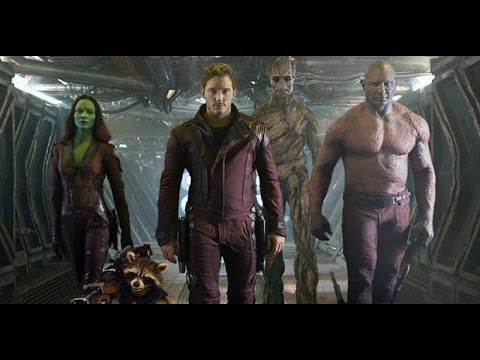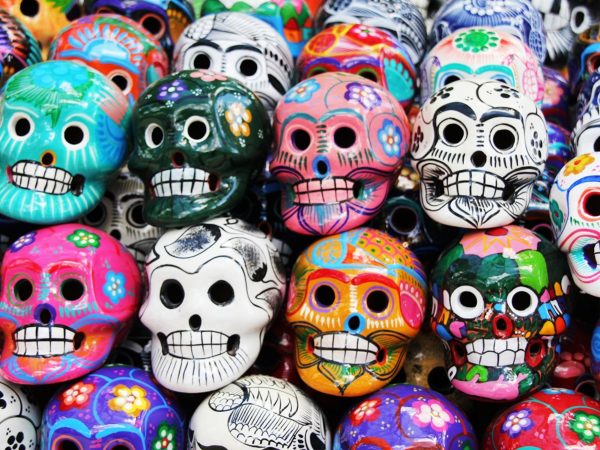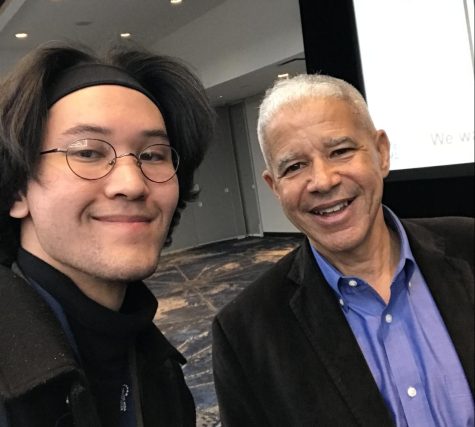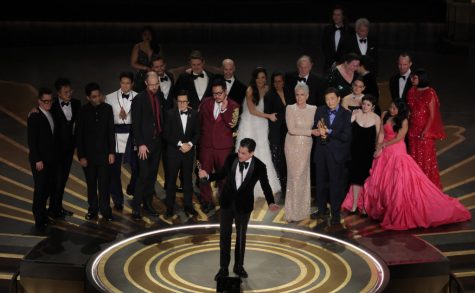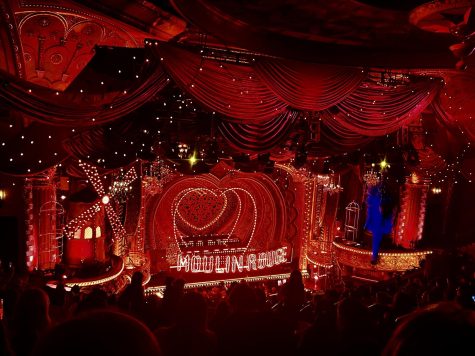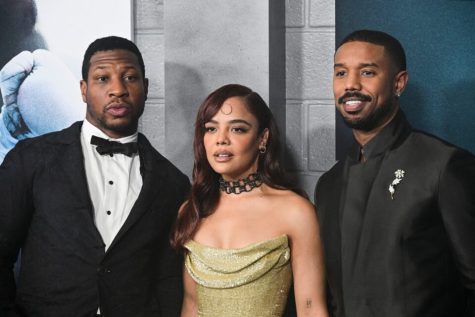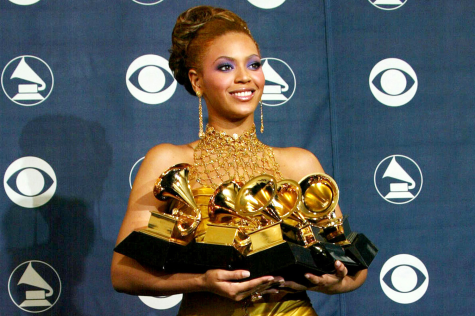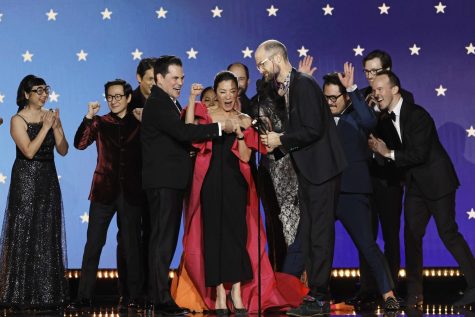A ‘Groot’ second installment: Marvel breaks the cycle with the Guardians of the Galaxy franchise
May 10, 2017
Hollywood has a habit of finding a theme, or movie formula, that works and then creates multiple movies based on the same idea with different actors. It’s as if they are repeatedly changing the cover of the same book. One recent formula driving Hollywood is superhero movies.
The first installment of each superhero film is usually more popular than its sequels. The first Iron Man, Thor, and Spiderman movies are considered the best of the franchises by many people, according to reviews on the Internet Movie Database.
I lose interest in many of the Marvel films because there is rarely much of a difference between the hero and the villain and I get bored. Iron Man fights an evil version of himself, the Hulk fights an evil Hulk, Ant-Man fights an evil Ant-Man, and so on.
The Guardians of the Galaxy franchise is where Marvel starts to break this recurring pattern. Not only do each of the members of the Guardians of the Galaxy have something unique to contribute to the team, but the main antagonist of these movies has abilities that are mostly different from the Guardians.
“Guardians of the Galaxy Vol. 2,” released May 5, is the second superhero movie Marvel has released in 2017, the first being “Logan.”
“Guardians of the Galaxy” started as a comic book series, consisting of two different installments. The original Guardians of the Galaxy comic began in the 1968 “Marvel Super Heros #18,” according to a 2014 Wired article. This original version of the Guardians featured characters different from those in the films.
The Guardians of the Galaxy initially didn’t have their own comic, but occasionally appeared in issues of mainstream hero teams like the Avengers. In 2008, the first issue of “Guardians of the Galaxy” was released, consisting of the same team that the films later modeled their cast after.
The versatility in character development, for me, provides two things to the action movie experience: depth and memorability. When I see five people using different tools and abilities to fight an enemy, chances are I won’t catch everything being shown on screen the first time. With so much going on, I’ll definitely want to watch “Guardians of the Galaxy Vol. 2” a second time.
When it comes to other Marvel films, the only thing I remember about them is how uninteresting the fights between the heroes and villains were. It becomes a contest for who can use the same superpower better.
When those fighting in an action film aren’t playing a game of “who can use this superpower better,” it makes me think about what I’m watching. This excites me because in my experience with recent Hollywood films, I have to dismiss all rational thought as I enter a movie theater so the obvious plot holes that Hollywood assumes I won’t catch don’t cause me to dislike the movie.
When watching a movie I find myself asking questions such as, “why didn’t they just do this, or go here?” It’s become a habit for me to predict the outcomes of movies at the first glimpse of foreshadowing. Modern Hollywood plots are no longer engaging enough for me.
The movies with challenging plots are the ones I remember best. When I see any kind of film, it doesn’t take long to recognize the formula used and think of other movies that did the same. Movie formulas are recycled constantly as new audiences experience these ideas for the first time.
“Guardians of the Galaxy Vol. 2” might not have the most complicated plot, but when trying to predict how the plot would progress, I found myself continuously having to refer to what I’d previously seen and what had already been said. With most movies, one clue is enough to give away the ending.
Although the main plot of the movie is similar to previous Marvel films—a villain attempts to take over the city, planet, galaxy or universe—the means by which the heroes defeat the villain isn’t recycled as often as it has been before.
While two characters in the movie have similar powers, they are not used for a majority of the final battle and are not ultimately the reason they succeed. I have to applaud Marvel for breaking out of this pattern and finally putting some depth into the heroes and villains of their films.




